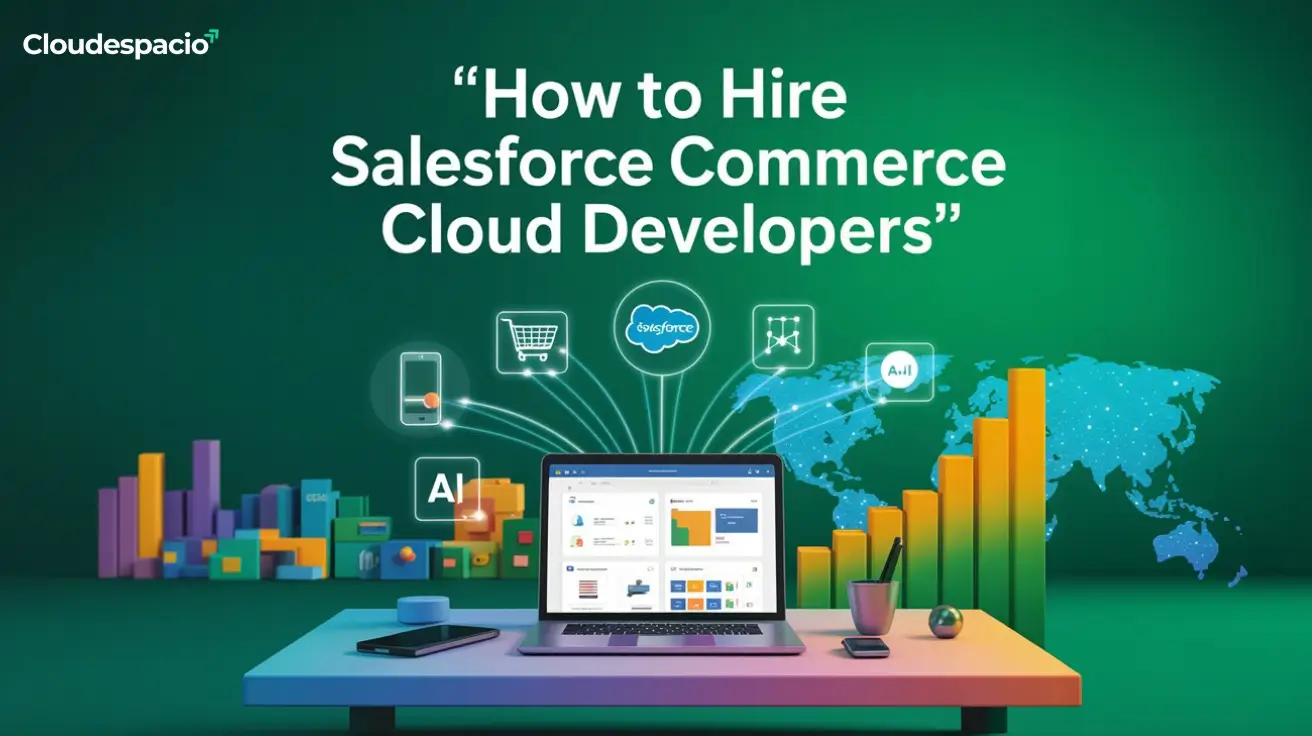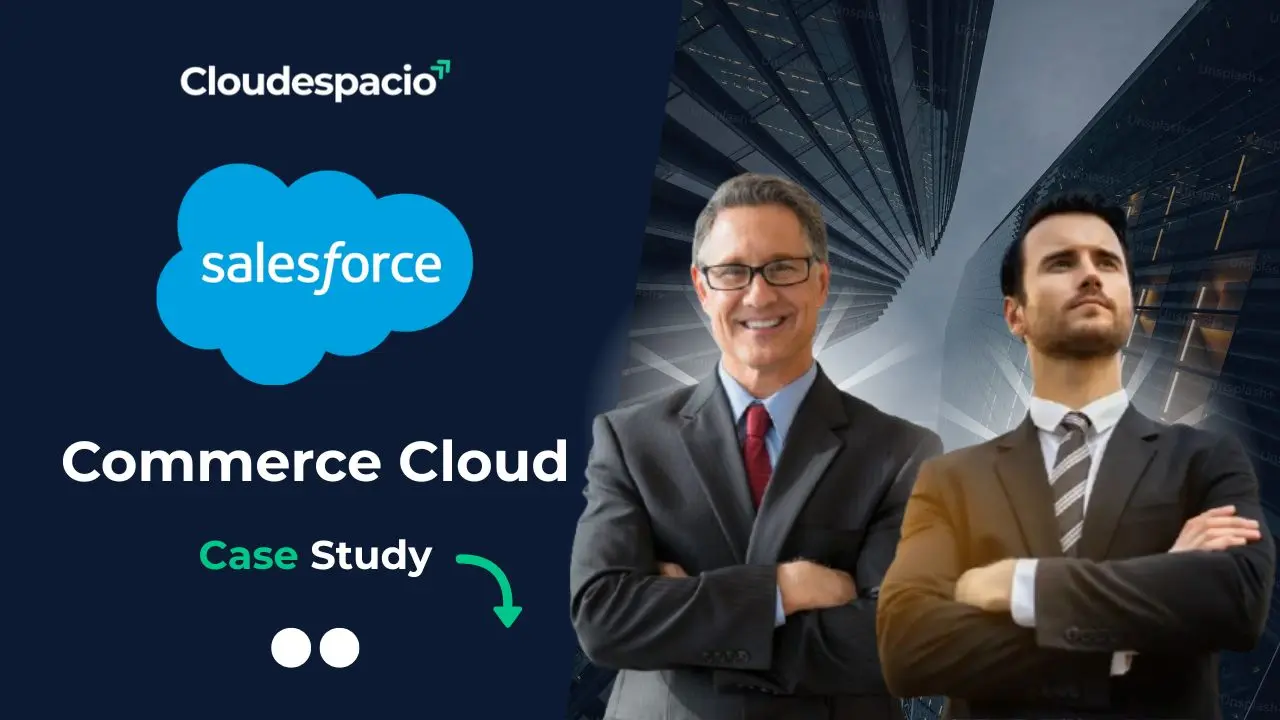


Finding the right talent is critical to unlocking the full potential of your Salesforce Commerce Cloud (SFCC) platform. Whether you’re building a new site, optimizing an existing one, or scaling your e-commerce operations, the expertise of your development team will directly impact your success. But how do you find and hire Salesforce Commerce Cloud developers who have the right skills and experience?
This guide provides a clear path forward. We’ll explore the essential skills to look for, weigh the pros and cons of hiring freelancers versus an agency, and break down the associated costs. You’ll also get a practical developer interview checklist to help you identify top-tier candidates. By the end, you’ll have a complete strategy for building a team that can drive your e-commerce growth.
When you begin the process of hiring SFCC developer, you need to know what separates an adequate developer from a great one. The SFCC platform is complex, requiring a unique blend of technical knowledge and business acumen.
Focus your search on candidates who demonstrate proficiency in these key areas.
A strong SFCC developer must have a solid foundation in web development and specific experience with the Salesforce ecosystem.
Certifications are a reliable way to verify a developer’s expertise. While hands-on experience equally important certifications demonstrate a developers commitment to mastering the platform. The two most relevant certifications are:
When you hire Salesforce Commerce Cloud developers, a mix of hands-on experience and official certifications is the ideal combination.
One of the biggest decisions you will make is whether to hire a freelance developer or partner with a specialized agency like Cloudespacio. Each approach has distinct advantages and is suited for different business needs.
Hiring a freelancer can be a good option for businesses with smaller, well-defined projects or those needing to augment an existing team.
An agency provides a full team of experts who manage the entire project lifecycle, from strategy and design to development and post-launch support.
The Verdict: For small, specific tasks, a freelancer can be a great fit. For complex implementations, ongoing site management, or businesses seeking a long-term strategic partner, an agency is the more reliable and effective choice.
The cost to hire Salesforce Commerce Cloud developers varies based on experience, location, and the hiring model you choose.
While the cost per hour is an important factor, focus on the overall value. A more experienced (and more expensive) developer or agency can often complete work faster and with higher quality, saving you money in the long run by avoiding costly mistakes and technical debt.
Finding the right fit goes beyond a resume. A structured interview process helps you assess technical skills, problem-solving abilities, and cultural fit. Use this developer interview checklist to guide your conversations.
The decision to hire Salesforce Commerce Cloud developers is a crucial investment in your business’s future. By focusing on the right skills, choosing the appropriate hiring model for your needs, and conducting a thorough vetting process, you can build a team capable of delivering a world-class e-commerce experience.
Ready to accelerate your salesforce commerece cloud project? Partner with Cloudspacio’s certified SFCC experts today.

Cloudespacio, headquartered in Singapore, is a prominent independent Salesforce and leading consulting firm, dedicated to prioritizing client satisfaction.
Copyright © 2025 All Rights Reserved. Designed by Navpatra.

If you have a project in mind, let’s talk!